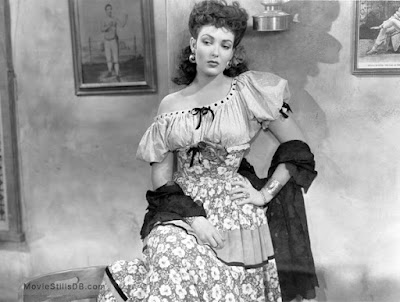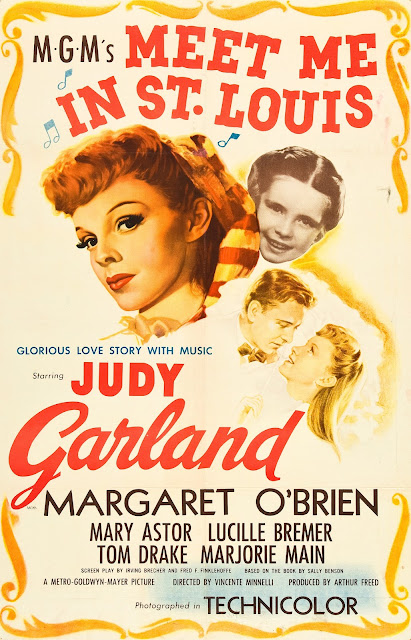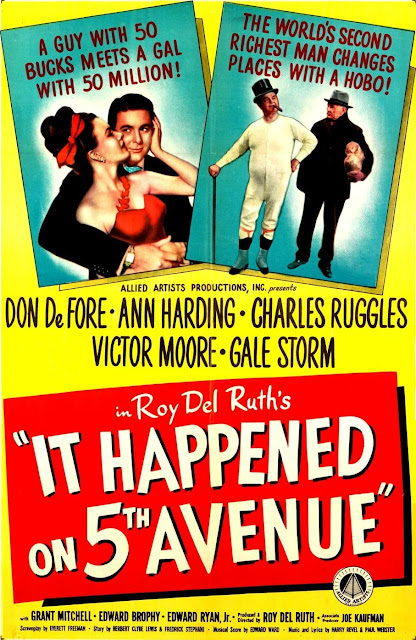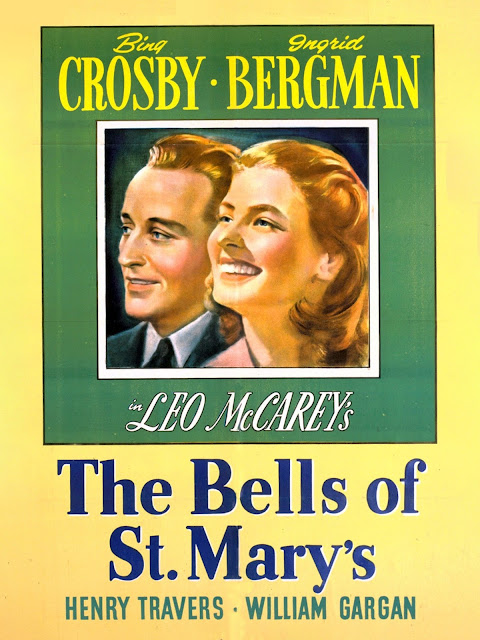Watched: 12/3/2021
Format: Amazon Watch Party
Viewing: First
Decade: 1940's
Director: Henry Koster
The Bishop's Wife (1947) is one of those movies that I've known existed since the 1990's, but I never got around to seeing. I'd watched clips here and there, and I knew the basic plot outline, but just wasn't in a rush to see it. And, I did want to see the 1990's version, but I try to see the original before I see a remake 2 out of 3 times.
Anyhoo... I was originally going to program Bob Clark's Black Christmas for my Christmas Surprise package movie, but I just wasn't up for it on Friday, and Loretta Young is Loretta Young (which is good for *me* as a viewer, anyway), and who doesn't like Cary Grant? Or David Niven, for that matter? I'm a fan of all three, plus Christmas, plus a sort of fable-ish fairy tale seemed like the right thing to do.
That said, the movie was 80% exactly what I figured it might be - a comedy so light it's like watching dandelion bristles float away and making points like (as Jenifer said) "be nice" and "don't be a jerk", which... you know, *fair enough* I say as 2021 draws to a close. It's not like a whole lot of people can't learn basic lessons in not being horrible, selfish, and cruel.
The basic story is that a local and fairly newly minted Bishop (I'm assuming Episcopalian) has become consumed by the need to build a new Cathedral and other duties of his place. All of which are of a noble mindset, but have created the problem of both making him compromise in the name of the greater good in ways that make him unhappy, and that he is so focused on his work issues, he's both ignoring his wife and what once made them unhappy. Dude is in crisis, and so is Loretta Young.
Cary Grant plays an angel named Dudley who arrives on scene to assist - which mostly seems to consist of taking Loretta Young off David Niven's hands. Yeah, it would be super weird, but David Niven *believes* Dudley when he says he's an angel, so why not entrust him with his wife? This is not Zeus or Pan we're talking about here. Except - maybe Dudley wants to smash?
Anyway - it's a sweet movie, has two of the kids from It's a Wonderful Life (both Zuzu and young George Bailey), Elsa Lanchester as a domestic who just kinda *gets* Dudley, Gladys Cooper as a wealthy dowager, and a handful of "that guy!" supporting players. Still, the funniest joke in the film is some slapsticky physical comedy with a chair and David Niven, so maybe it's just too gentle for it's own good. Well, that and a never-ending bottle of liquor.
I'm not mad I saw it, it was all right and Christmassy - and I like the fact it works in so many story arcs, but it just wasn't my cup of tea, necessarily.


























